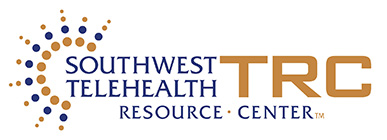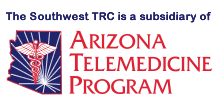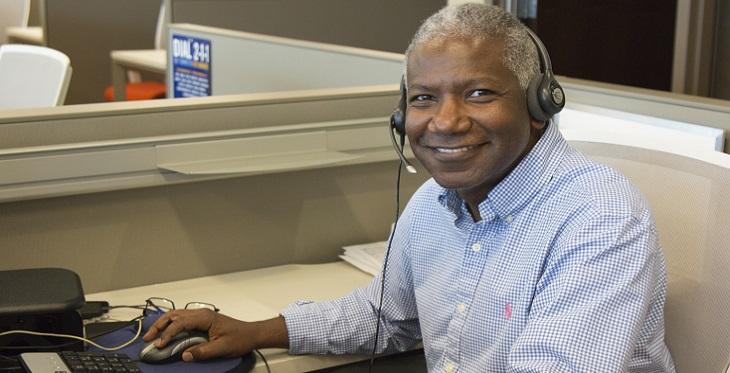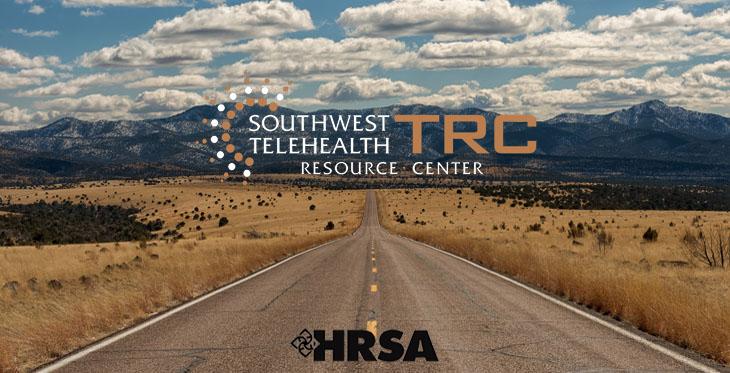February is a month that’s often dominated by red and pink hearts. But for some 30 million Americans, February is when their plight comes to the forefront.
February 28 is Rare Disease Day. Unfortunately, having a rare disease is more common than the name suggests.






